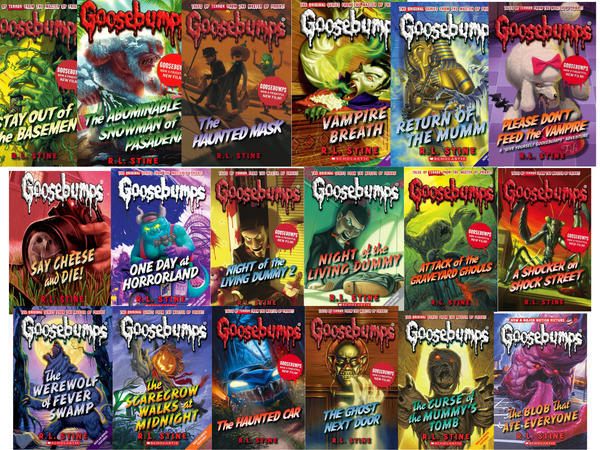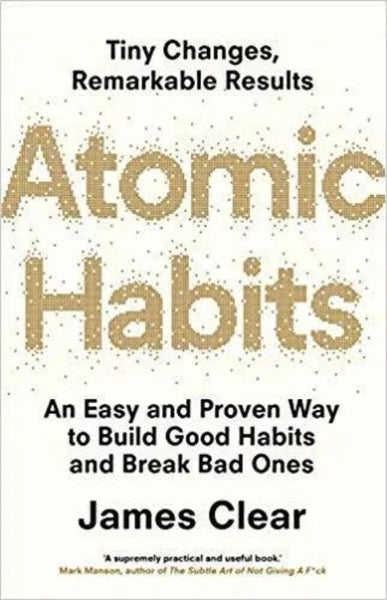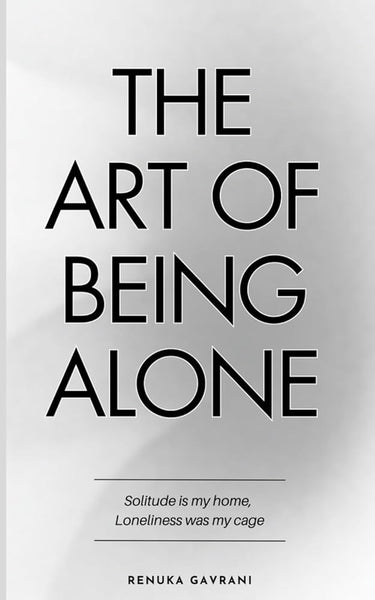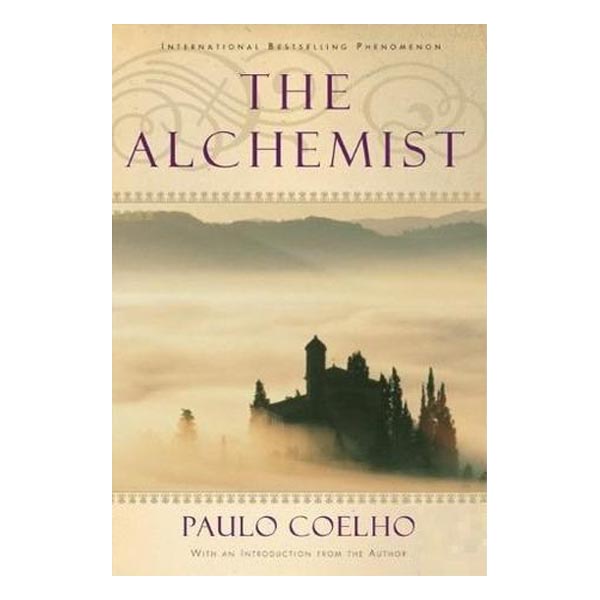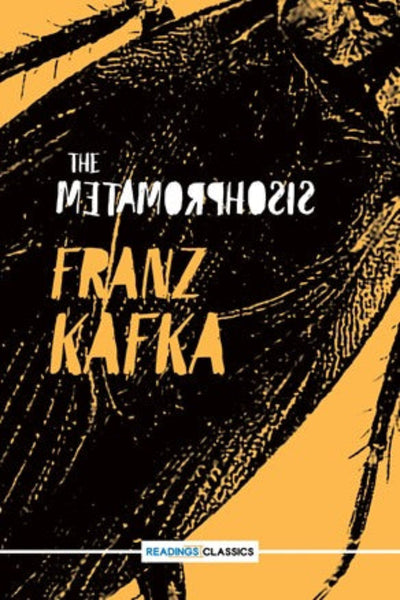Crime And Punishment (Reading Classics) by Fyodor Dostoyevsky
- Publisher: READING CLASSICS
- Availability: In Stock
- SKU: 32486
- Number of Pages: 560
Rs.480.00
Rs.575.00
Tags: 19th-century Russian society , best books , Best Price , Best Selling Books , Crime and Punishment , Crime and Punishment analysis , Crime and Punishment classic , Crime and Punishment novel summary , Crime and Punishment review , Crime and Punishment themes , Dostoyevsky books , Dostoyevsky Crime and Punishment , Dostoyevsky existentialism , Dostoyevsky's psychological exploration , existentialism in literature , Fyodor Dostoyevsky , guilt and punishment , human condition , human suffering , justice in Crime and Punishment , literary analysis of Crime and Punishment , literature about redemption , moral dilemmas , morality in literature , murder and consequences , novel about crime and justice , Online Bookshop , philosophical novels , philosophical themes in Crime and Punishment , psychological novel , psychological struggle in Crime and Punishment , Raskolnikov , redemption in literature , Russian classics , Russian literature , Russian literature classics , Russian novelists , suffering in Crime and Punishment , the nature of evil , themes of guilt and redemption
📘 Title Name: Crime and Punishment (Reading Classics)
✍️ Author: Fyodor Dostoyevsky
📦 Publisher: READING CLASSICS
🔹 Introduction:
"Crime and Punishment" is one of Fyodor Dostoyevsky's most well-known works, delving deep into themes of morality, guilt, and the consequences of crime. It explores the psychological turmoil of Rodion Raskolnikov, a young man who commits murder and must deal with the internal and external consequences of his actions.
🔑 Key Points:
-
The novel is a psychological exploration of crime, guilt, and redemption.
-
Follows the life of Rodion Raskolnikov, a student who commits murder and struggles with moral dilemmas.
-
Examines the concept of human suffering, justice, and the consequences of individual actions.
-
Provides a vivid portrayal of 19th-century Russian society and its moral and philosophical questions.
-
Central themes include the nature of evil, the conflict between reason and emotion, and the search for meaning in life.




